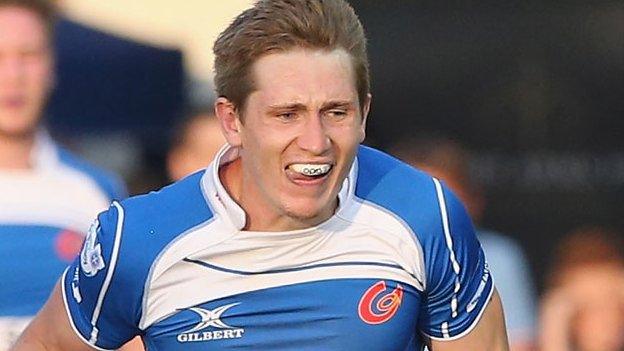World Rugby urges referees to be strict about high tackles
- Published
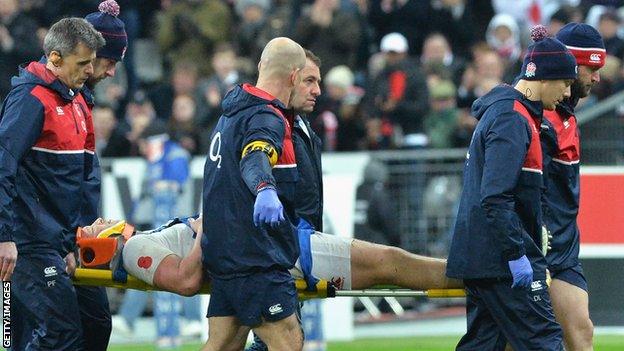
England captain Dylan Hartley said his career could be threatened if he received another heavy blow to the head
Referees have been told to crack down on incidents which could lead to concussion in rugby union's autumn international series.
World Rugby has asked officials to be strict when it comes to tackles, charges, strikes or kicks that make contact above the shoulder line.
Sanctions up to and including red cards can be used.
"Our priority is player welfare," said World Rugby's match officials selection committee chairman Anthony Buchanan.
World Rugby said referees had been told "to be especially vigilant in this area".
Buchanan added: "The laws of the game clearly state that the necks and heads of players are sacrosanct. When it comes to foul play, the game is cleaner now than ever before but referees must constantly be alert to head-high hits.
"By taking this strong approach, we are saying to players that tackling an opponent above the shoulder line will not go unpunished."
In its instructions to match officials, the governing body has cited a number of examples of dangerous play to look out for.
Concussion is the most common injury suffered by rugby players and numerous studies have suggested the condition can cause lasting and serious effects.
English Rugby introduced an online concussion awareness module for all coaches, officials and players in 2015, while the Premiership became the first league in the world to introduce an instant video review system for potential concussion injuries.
However, Northampton wing George North continued to play on for Wales against England after appearing to be knocked out in this year's Six Nations.
Concussion: How Premiership is tackling concussion
Analysis - 'easier said than done'
Chris Jones, BBC Radio 5 live rugby reporter
While any measures to protect player safety are to be welcomed, cracking down on high tackles will be easier said than done. Since turning professional 20 years ago, rugby union has become more and more about winning the "battle of the gain-line".
Therefore, simply tackling an opponent to ground is no longer the aim, rather a "dominant" tackle that sends the ball carrier backwards. Therefore players are coached to hit above the waist, or to tackle in pairs - and the dangers associated with this are manifest.
- Published2 June 2016
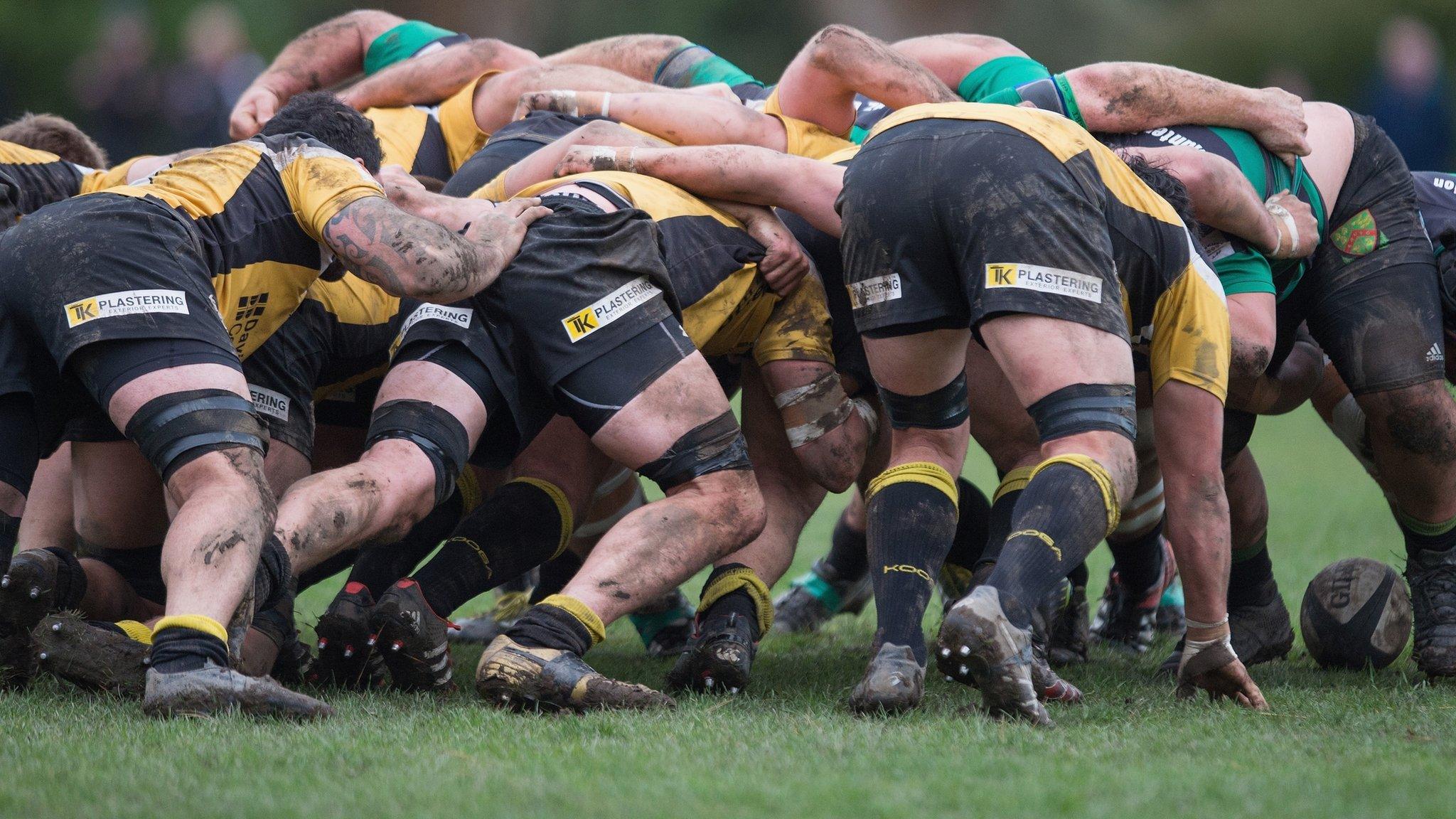
- Published27 May 2016
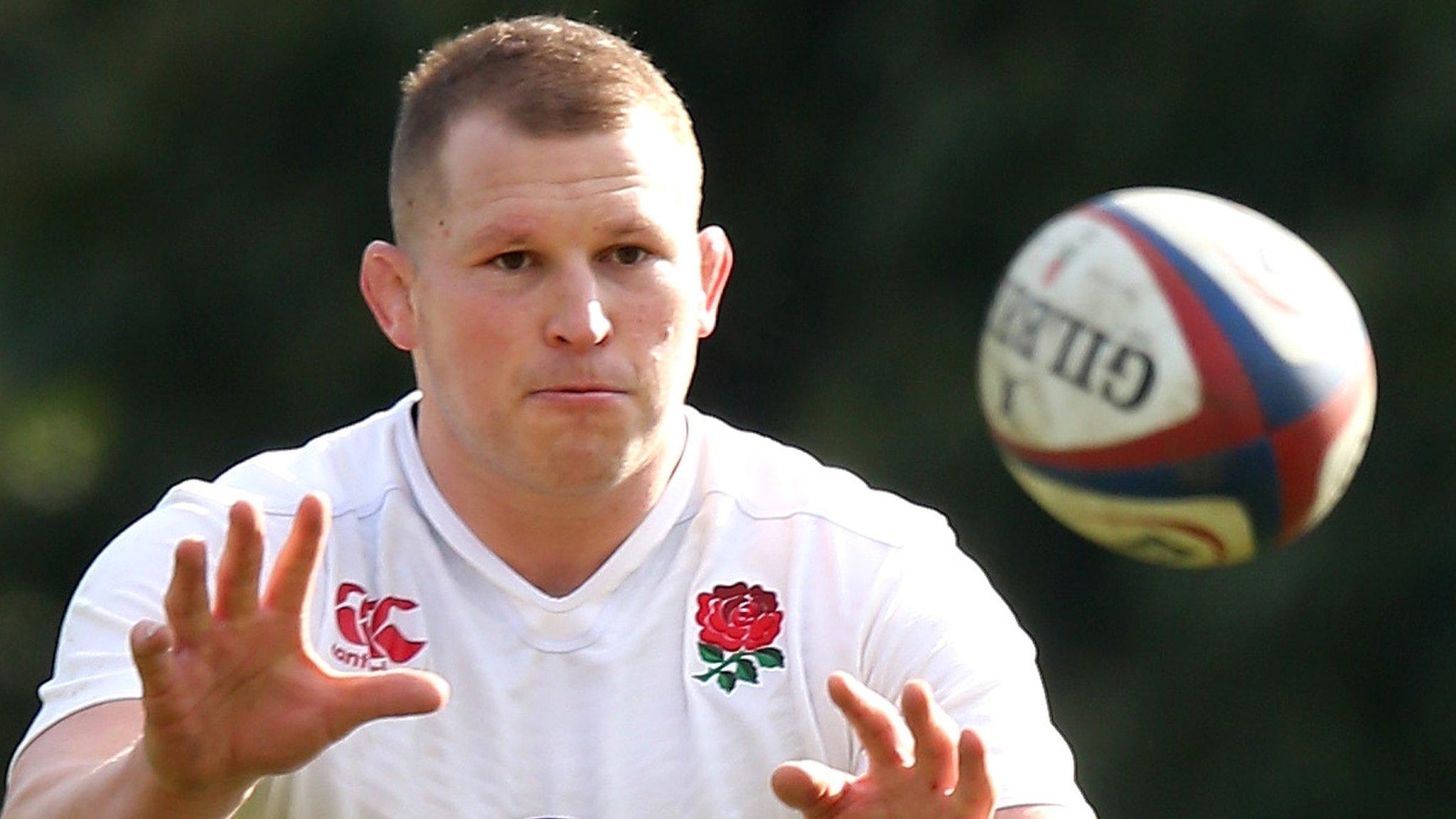
- Attribution
- Published2 March 2016
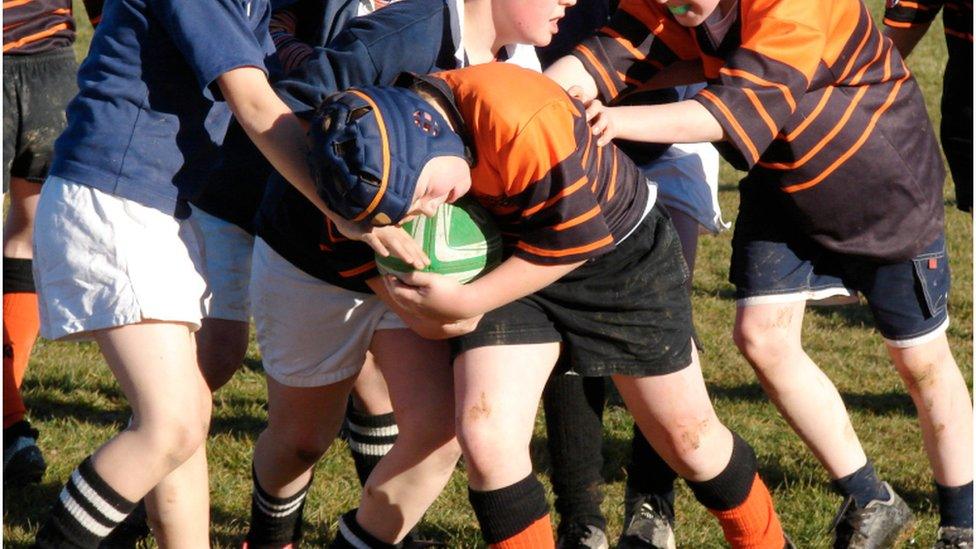
- Published18 February 2016
